
OR
Travel ban on Nepali maids: Has it really helped?
Published On: March 29, 2017 12:30 AM NPT By: Roshan Sedhai
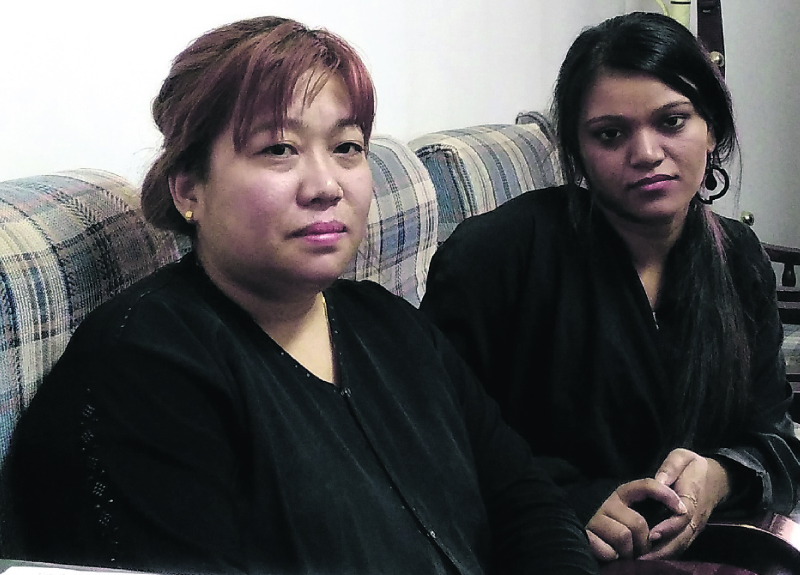
KATHMANDU, March 29: It was only after reaching Saudi Arabia that Shanti Pariyar realized the hollowness of the promises her agent had made back home. There was nearly nothing the agent, whom she came to know through a fellow villager, had not promised. Shanti was told that she would receive Rs 20,000 per month -- nearly two times her husband's monthly earning in Nepal. She was also promised a separate servant's quarter for accommodation, food, and regular communication with her family members back home, among other facilities. Shanti took everything the agent said at face value.
Upon receiving her first salary two months after beginning the work as a housemaid in Riyadh, Shanti came to know that she had been handed a fake contract letter. She got less than half the minimum wage fixed by the Nepal government, and the work was much harder than she had imagined.
But it took her much longer to find out that her agent had tricked her taking advantage of her inability to read and write and her complete ignorance about the process involved in foreign employment.
Later, she also learned that the passport she was carrying was also a forged one. The agent had produced a made-up medical report and orientation and training certificates to acquire the work permit.
Shanti still managed to return home with some earning after working for three years in Saudi.
"My Mudir (employer) was a good man. He paid me 500 riyals a month. Though I faced some trouble in getting used to new work environment, I consider myself luckier than many other women," she said.
Shanti was asked to tear and dispose the passport she was carrying once she landed at Indira Gandhi Airport, in New Delhi, India. "My agent said there might be some legal consequences if I continued to keep the passport with me. That's why I threw it away," said Shanti, a resident of Rapti municipality in Chitwan.
Stories like that of Shanti's are not uncommon in Nepal, where migration of women for foreign employment has witnessed an exponential surge in recent years. It is difficult to estimate how many Nepali women are currently working abroad as the record maintained by the government does not include those who leave the country through informal channels.
According to the Department of Foreign Employment, which issues work permit for overseas employment, a total of 19,307 women took permission to work abroad in fiscal year 2015-16.
Similarly, a total of 8,439 new female migrants have acquired the permit in the first six months of this fiscal year. Most of them have been issued the permit to work in sectors other than domestic help.
But the actual number of Nepali women migrants could be much higher, according to Nepali embassies in the Gulf countries and Malaysia. Some unofficial estimates suggest that women account for around 15 percent of Nepal's total migrant workforce.
Despite the government's on-and-off restriction on housemaid to travel to the Gulf and Malaysia, thousands of Nepali women like Shanti continue to find a way around the curbs to leave the country. But not all the women going abroad through informal channels have all the luck.
Around 2,000 Nepali women, almost all of them housemaids, were rescued and repatriated after enduring abuse and exploitation from employers and agents in the past year, according to the data of Nepal's embassies in Saudi Arabia, Qatar, Kuwait, Oman, Bahrain, the United Arab Emirates and Malaysia.
Dhanmaya Giri of Palpa was among 200 Nepali women to be rescued from Saudi Arabia last year.
She was working as a housemaid for a private household in Al-Qassim of Saudi Arabia for the past four years. She was paid meagerly and was not allowed to regularly communicate with her family members in Nepal. Dhanmaya continued to work because there was little she could do.
But things started to become unbearable when her employer refused to give her permission to return even after the expiry of the work contract.
In Saudi Arabia and other Gulf countries, 'Kafala', or sponsorship system, makes it impossible for workers to leave the country without the permission of employers.
Dhanmaya then pleaded her relatives for help who in turn knocked the doors of the Nepali embassy and government officials in Kathmandu for her rescue. Dhanmaya was rescued and repatriated on February 20 this year.
In complaints lodged with the Nepali embassy in Riyadh, most of the women have reported worst treatment from employers. They have stated that their employers have confiscated their passports, and have been either denied regular payment or paid meagerly -- less than what was promised. Others have reportedly been kept in captivity and have faced physical and sexual abuse.
During her seven-year stay in Saudi Arabia, Sukmaya Pariyar of Chitwan was rarely allowed to talk to her family members in Nepal. "Salary was never paid on time. My employer did not pay the amount I owed to them," Sukmaya Pariyar has said in her complaint.
Sukmaya had gone to Saudi through a fellow villager named Bir Bahadur BK, a part-time foreign employment agent. When the situation became unbearable, she ran away from her employer and sought refuge at a shelter run by the Nepali embassy in Riyadh. With the support of the embassy and other Nepali organizations, she returned home by Air Arabia (flight no G9152).
In the same flight, Naina Maya Rai, another Nepali woman from Bhojpur, who had undergone similar ordeal as a housemaid, accompanied Sukmaya. Naina Maya too had run away from her employer and sought refuge at the embassy after facing five years of ill treatment from her employer.
"They did not allow me to make telephone calls to my family members. I also did not get the promised salary," Naina Maya stated in her complaint lodged at the embassy. She had gone to Saudi with the help of a fellow villager named Shanta Rai.
These cases have raised multiple questions: Was the travel ban well thought-out? Is the curb serving its purpose? Is it time to review government policies on female migration?
The plights of Nepali women in foreign land call for an immediate soul searching on the part of policymakers, say experts.
Nepal has been imposing intermittent travel bans on Nepali women since 1990 when women started travelling to the Middle East in search of jobs. The latest ban was announced in July, 2014, citing the need for stronger 'regulations to protect them from widespread abuse and exploitation' abroad. It was the sixth time the government had announced such curb.
Although former Labor Minister Deepak Bohara had announced to lift the travel restriction on housemaid in May last year following the endorsement of a guideline for domestic workers, the ministry stepped back after issuing work permits to a few hundred workers.
Parbhu Sah, chairman of the Legislature-Parliament's International Relations and Labor Committee (IRLC), an advocate of the ban, said the government has been doing little to prevent the outflow of women through informal channels.
Citing the committee's findings from a field study and interviews with female workers in five Gulf countries, Sah said government officials, including staffers of the Department of Immigration, were assisting in the 'smuggling of women'.
"Our field investigations have found that many others were using air routes of India and Sri Lanka. It is a matter of grave concern that our own immigration officials were also found complicit in 'smuggling'. We are recommending the government to carry out a thorough investigation," said Sah, who led the probe team that had conducted investigations in four labor destinations -- Qatar, Saudi Arabia, Kuwait and the United Arab Emirates.
You May Like This

High court OKs Trump’s travel ban, rejects Muslim bias claim
WASHINGTON, June 27: A sharply divided Supreme Court upheld President Donald Trump’s ban on travel from several mostly Muslim countries Tuesday,... Read More...

Judge: Trump has power to ban foreign travelers
A federal appeals court judge says President Donald Trump has the authority to block foreign travelers and courts must defer... Read More...
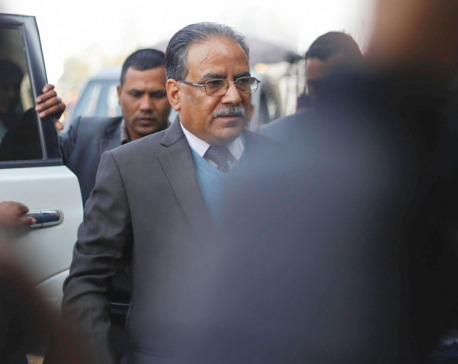
PM Dahal says he has less property as he transferred it to the party
KATHMANDU, Dec 17: Prime Minister and Chairman of CPN (Maoist Center) Pushpa Kamal Dahal has clarified that he has less... Read More...



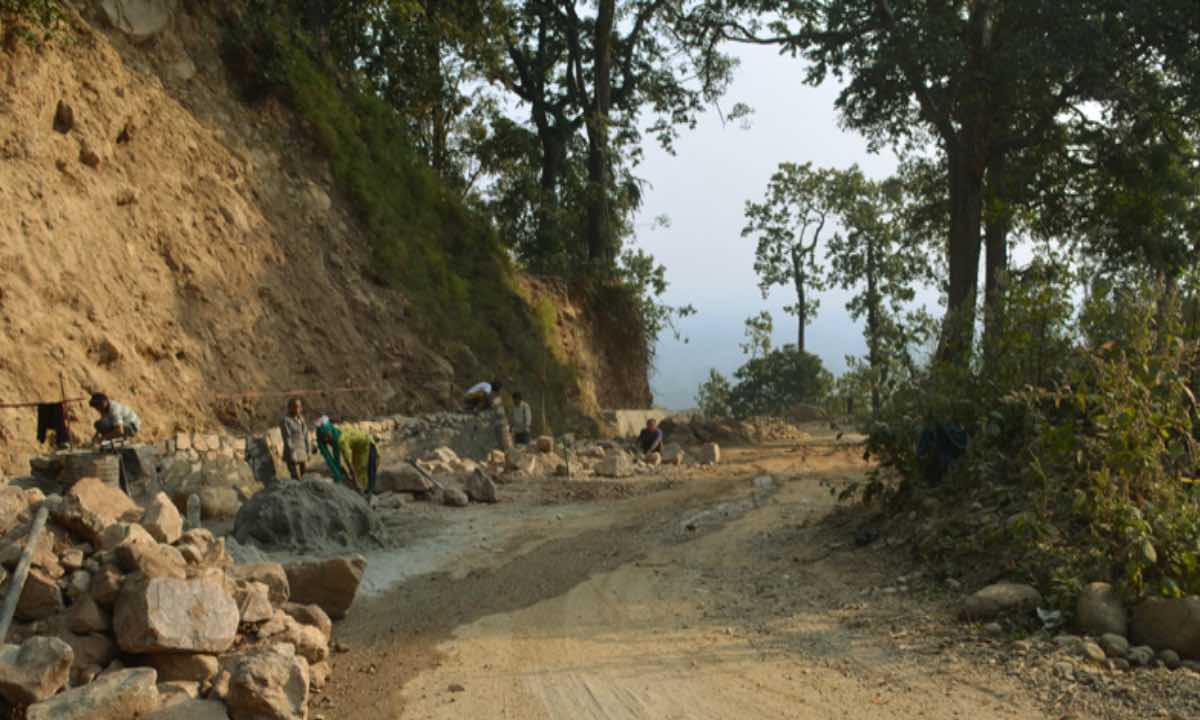
Just In
- KMC to organize a month-long skill fair from May 1
- Birgunj Metropolis collects over Rs 360 million in revenue
- NEPSE plunges below 2,000 points after one and a half months; daily turnover declines to Rs 2.10 billion
- AI Index Report-2024: AI still behind humans on complex tasks like competition-level mathematics
- Daiji-Jogbudha road construction at snail’s pace
- Govt fails to adopt podway technology despite its potential in Nepal
- Jhulaghat border crossing in Baitadi to remain closed from this evening
- Universities will be free from partisan interests: Education Minister










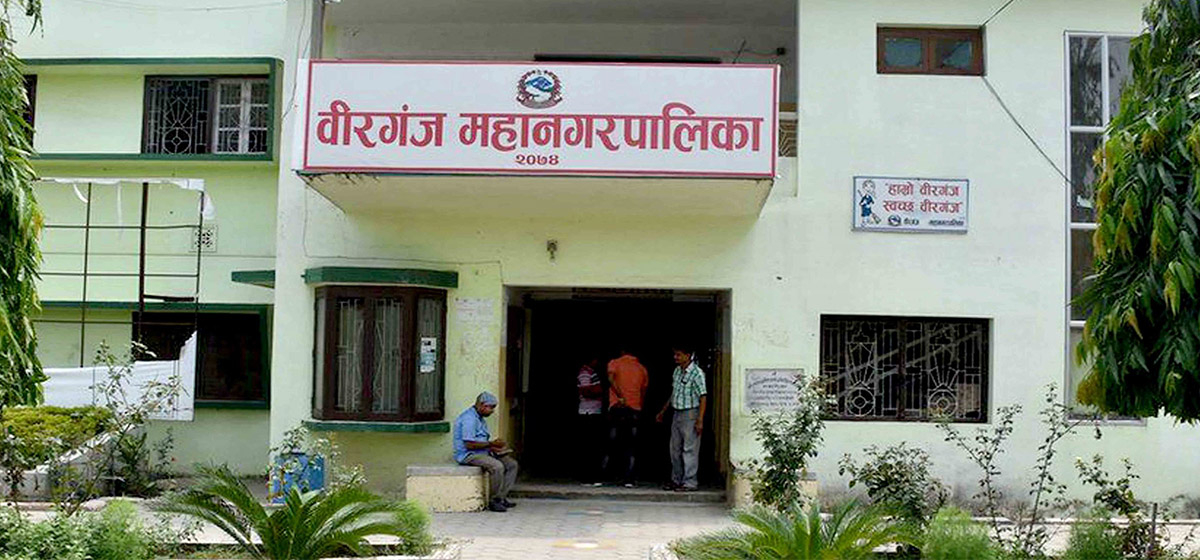


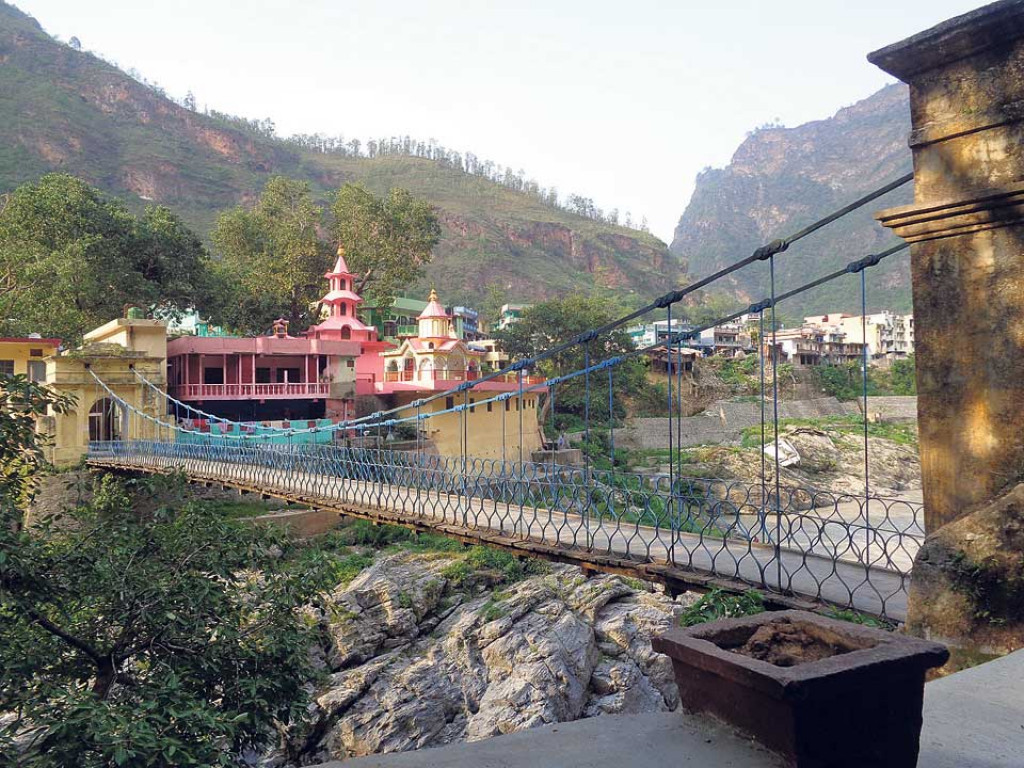
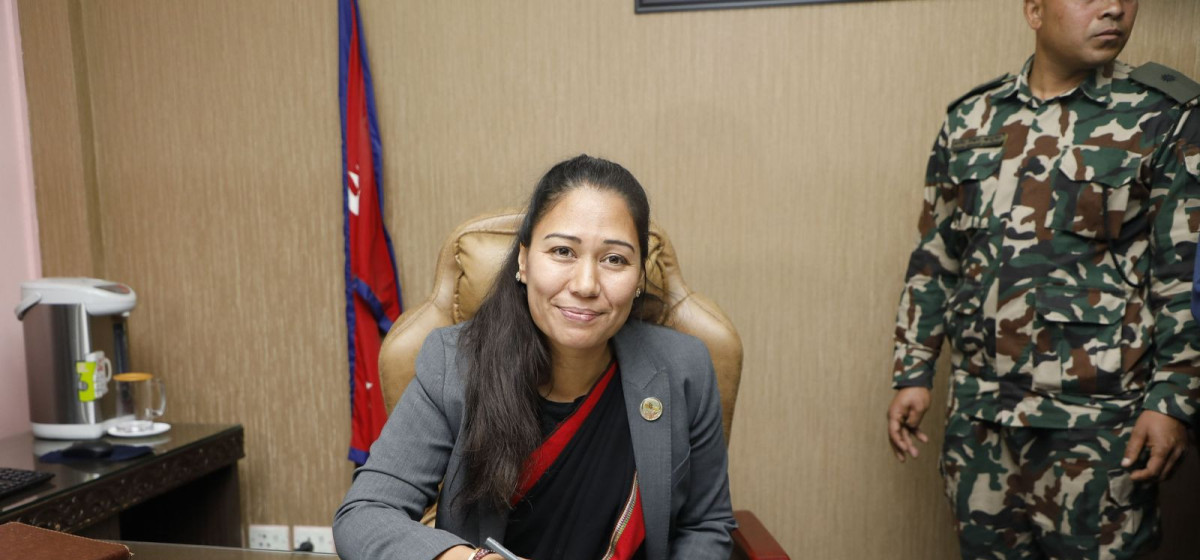
Leave A Comment